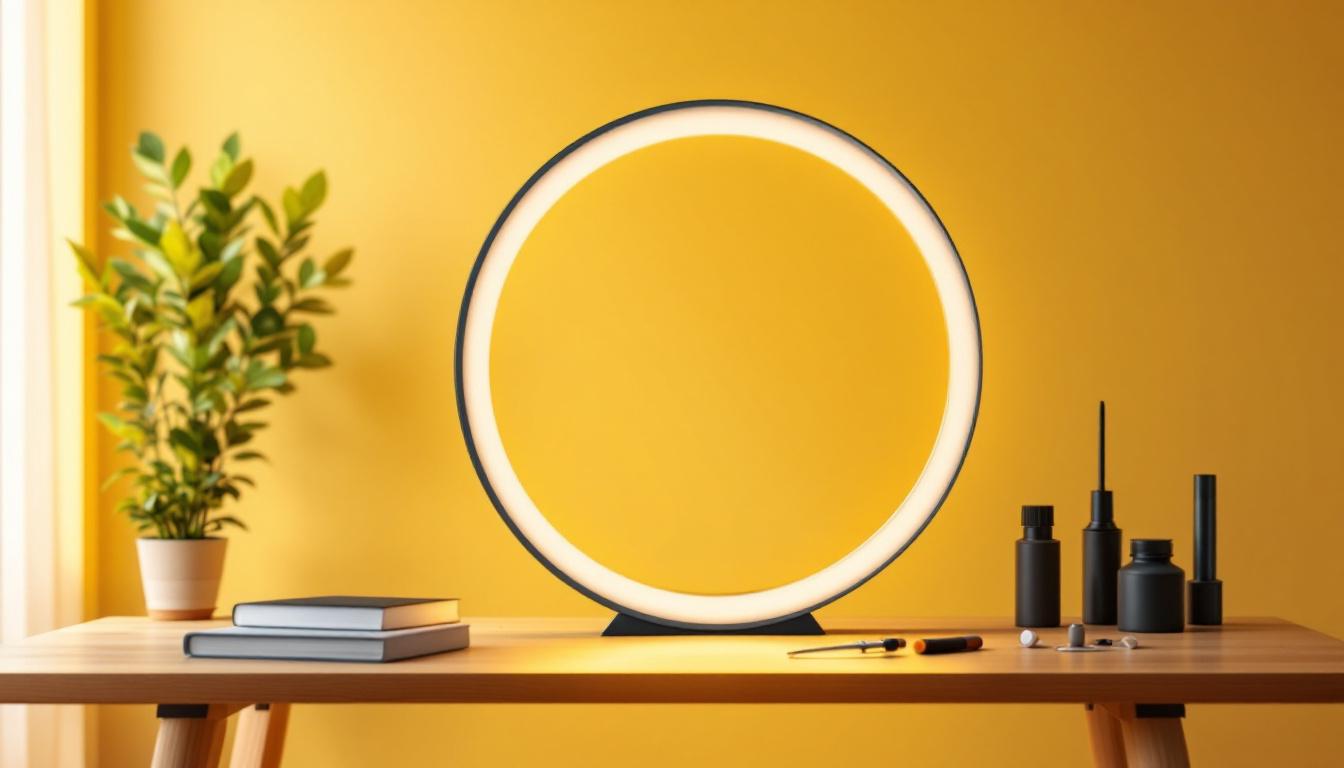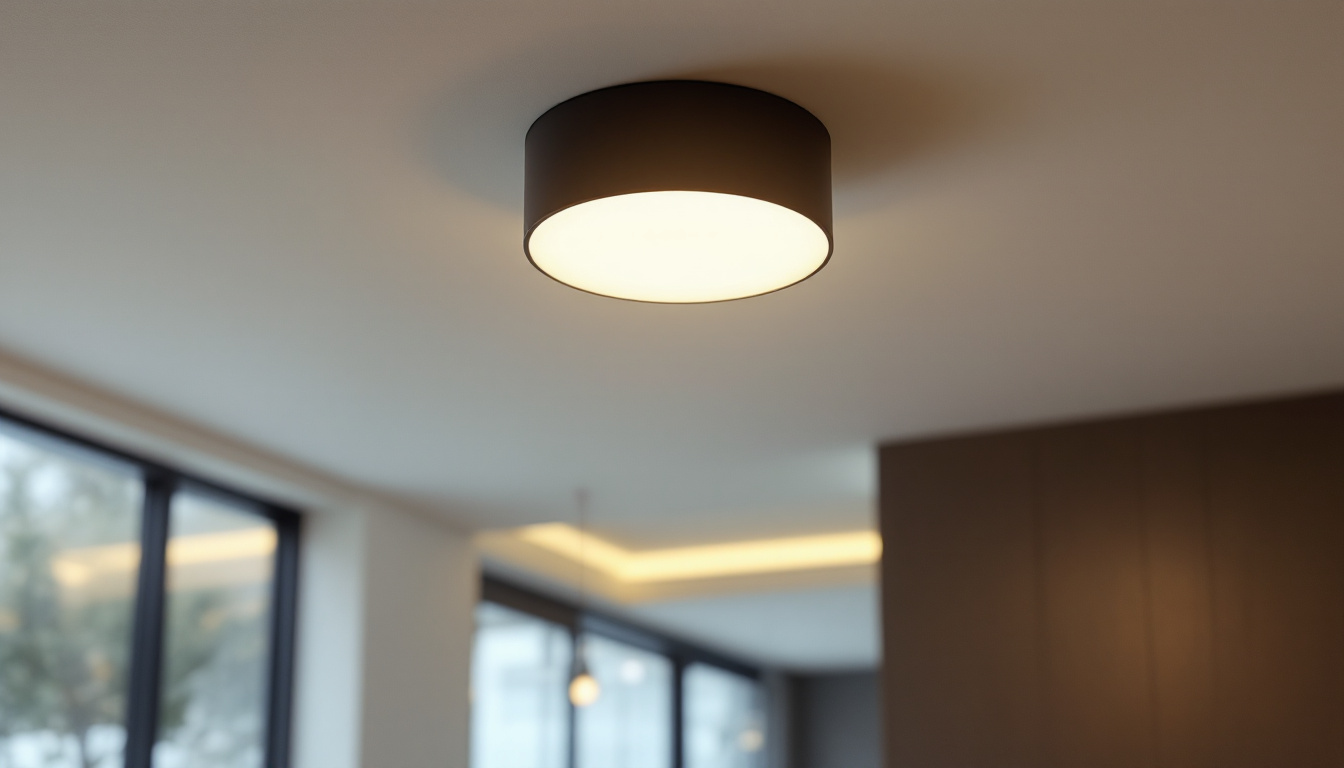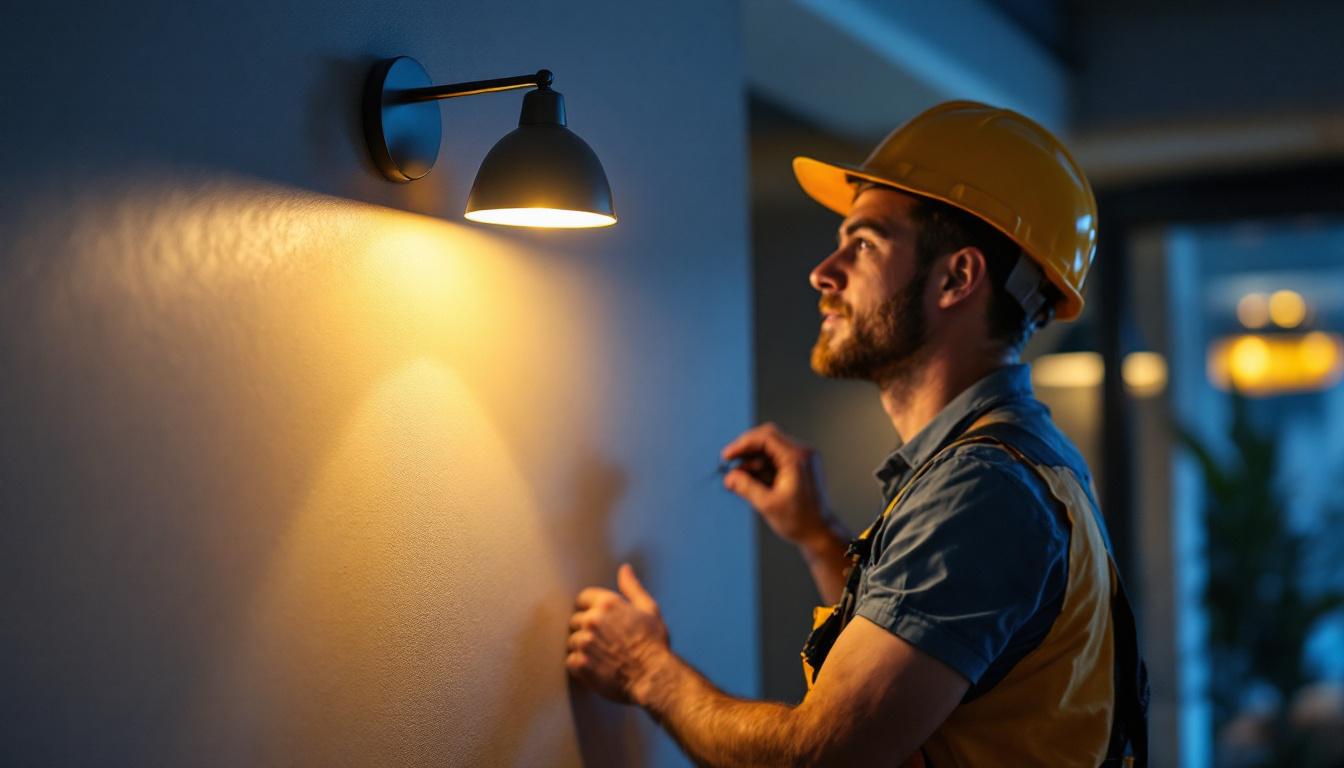
In the ever-evolving world of lighting, understanding the different types of light bulb bases is essential for lighting contractors. This knowledge not only enhances service offerings but also plays a crucial role in customer satisfaction and business growth. As technology advances and energy efficiency becomes a priority, the variety of light bulb bases has expanded, making it imperative for contractors to stay informed.
Light bulb bases are the part of the bulb that connects to the fixture. They come in various shapes and sizes, each designed for specific applications and compatibility with different fixtures. Familiarity with these bases allows contractors to make informed decisions when recommending products to clients.
There are several common types of light bulb bases that contractors should be aware of. These include the standard Edison screw, bayonet, and pin bases. Each type serves a unique purpose and is suited for different lighting applications.
The Edison screw base, often referred to as the E-base, is the most widely used base in residential and commercial lighting. It comes in various sizes, such as E26 and E27, which are commonly found in North America and Europe, respectively. Understanding these sizes can help contractors recommend the right bulb for their clients’ fixtures. In addition to E26 and E27, there are also smaller sizes like E12, often used in decorative fixtures and chandeliers, allowing for a warm and inviting atmosphere in dining areas and living rooms.
In addition to common bases, specialty bases like GU10, G4, and R7s are also prevalent in specific lighting scenarios. GU10 bases are often used in track lighting and recessed fixtures, while G4 bases are typically found in low-voltage applications like landscape lighting. R7s bases are commonly used in tubular halogen bulbs, which are ideal for high-intensity lighting needs.
Knowing the specific applications for these specialty bases allows contractors to diversify their offerings and cater to a broader range of client needs. This can lead to increased customer satisfaction and repeat business. Moreover, understanding the nuances of these bases can also help contractors educate their clients on energy efficiency. For instance, many GU10 bulbs now come in LED options, which not only provide significant energy savings but also have a longer lifespan compared to traditional halogen bulbs. By staying informed about advancements in lighting technology, contractors can offer solutions that are not only functional but also environmentally friendly, appealing to the growing number of eco-conscious consumers.
Compatibility between light bulbs and fixtures is a critical factor that contractors must consider. Installing the wrong bulb can lead to inefficiencies, reduced lifespan, and even safety hazards. Therefore, understanding the various bases and their compatibility with fixtures is essential for successful installations.
Contractors should always verify that the light bulb base matches the fixture’s socket. This ensures not only a proper fit but also optimal performance. For instance, using an E26 bulb in an E12 socket can result in a loose connection, leading to flickering lights or even electrical shorts.
Moreover, some fixtures are designed for specific wattages and types of bulbs. Using a bulb with a higher wattage than recommended can lead to overheating and potential fire hazards. Therefore, educating clients about the importance of compatibility can enhance the contractor’s reputation and build trust.
In addition to the physical fit, contractors should also consider the aesthetic aspects of lighting. Different bulbs emit varying qualities of light, such as warm or cool tones, which can dramatically affect the ambiance of a space. For example, a warm white LED bulb can create a cozy atmosphere in a living room, while a cool white bulb may be more suitable for task lighting in a kitchen. By taking into account both compatibility and the desired lighting effect, contractors can provide a more comprehensive service to their clients.
With the growing emphasis on energy efficiency, many clients are seeking LED options. Understanding the various bases available for LED bulbs is crucial for contractors aiming to provide energy-efficient solutions. LED bulbs come in a range of bases, including E26, GU10, and others, making it essential to match the right LED bulb with the appropriate base.
Contractors who can guide clients toward energy-efficient lighting solutions not only help them save on energy bills but also contribute to a more sustainable future. This expertise can set a contractor apart in a competitive market.
Furthermore, it is important for contractors to stay updated on the latest advancements in lighting technology. For instance, smart LED bulbs that can be controlled via smartphone apps or voice commands are becoming increasingly popular. These bulbs often require specific compatibility with fixtures and hubs, and understanding these requirements can allow contractors to offer cutting-edge solutions that meet modern consumer demands. By being knowledgeable about both traditional and smart lighting options, contractors can position themselves as trusted advisors in the ever-evolving world of lighting design.
As a lighting contractor, showcasing knowledge about light bulb bases can significantly boost business. Clients appreciate working with professionals who understand the intricacies of lighting and can provide tailored solutions. Here are some strategies to effectively market this expertise.
Creating educational content, such as blog posts, videos, or infographics, can help establish a contractor as an authority in the field. Topics can include the differences between various light bulb bases, tips for choosing the right bulb, and the benefits of energy-efficient lighting. This not only attracts potential clients but also builds trust and credibility.
Moreover, sharing this content on social media platforms can increase visibility and reach a wider audience. Engaging with followers by answering questions or addressing common concerns can further enhance the contractor’s reputation. Regularly updating content to reflect new advancements in lighting technology or changes in regulations can keep the audience informed and engaged, ensuring that the contractor remains a go-to source for lighting information.
Hosting workshops or informational sessions in the community can also be an effective way to showcase expertise. These events can cover topics such as energy efficiency, the importance of choosing the right light bulb base, and the latest trends in lighting technology. Engaging with the community not only builds relationships but also positions the contractor as a knowledgeable resource.
Additionally, partnering with local businesses or organizations for joint workshops can expand reach and attract a diverse audience, further enhancing brand visibility. For instance, collaborating with home improvement stores or eco-friendly organizations can draw in customers who are already interested in lighting solutions. Offering hands-on demonstrations during these events can also provide valuable insights, allowing attendees to see the practical applications of different lighting options and reinforcing the contractor’s expertise in a memorable way.
The lighting industry is constantly evolving, with new technologies and products emerging regularly. Staying updated with these trends is essential for lighting contractors who want to remain competitive and provide the best solutions for their clients.
Participating in continuing education and training programs can help contractors stay informed about the latest advancements in lighting technology, including new bulb bases and energy-efficient solutions. Many manufacturers and industry organizations offer training sessions, webinars, and certifications that can enhance a contractor’s knowledge and skills.
By investing in education, contractors can offer clients the most up-to-date information and products, further solidifying their position as trusted professionals in the industry.
Networking with other lighting professionals can also provide valuable insights into industry trends and best practices. Attending trade shows, conferences, and local industry events can facilitate connections and foster collaboration. These interactions can lead to the exchange of ideas, recommendations for new products, and insights into emerging technologies.
By building a strong network, contractors can stay ahead of the curve and adapt to changes in the market more effectively.
Providing an exceptional customer experience is crucial for lighting contractors looking to grow their business. Understanding light bulb bases and their applications can significantly enhance this experience, leading to increased customer satisfaction and loyalty.
When contractors possess in-depth knowledge of light bulb bases, they can offer personalized recommendations tailored to each client’s specific needs. This level of service demonstrates expertise and commitment to customer satisfaction.
For example, when a client is unsure about which bulb to choose for a particular fixture, a knowledgeable contractor can guide them through the options, explaining the benefits and drawbacks of each base type. This personalized approach not only helps clients make informed decisions but also builds trust and encourages repeat business.
After completing a lighting installation, following up with clients to ensure their satisfaction can further enhance the customer experience. This can involve checking in to see how the lighting is performing, addressing any concerns, and providing ongoing support for future projects.
By demonstrating a commitment to customer care, contractors can foster long-term relationships with clients, leading to referrals and positive word-of-mouth marketing.
Understanding the various types of light bulb bases is essential for lighting contractors looking to boost their business. By enhancing knowledge of compatibility, energy efficiency, and industry trends, contractors can provide exceptional service that meets the diverse needs of their clients. Additionally, effective marketing strategies and a commitment to customer experience can further solidify a contractor’s reputation as a trusted expert in the field.
As the lighting industry continues to evolve, staying informed and adaptable will be key to success. By embracing these principles, lighting contractors can position themselves for growth and prosperity in a competitive market.
Ready to elevate your lighting game and give your clients the exceptional service they deserve? Look no further than LumenWholesale for all your lighting needs. Our extensive selection of spec-grade lighting products is designed to meet the highest industry standards, ensuring that every installation shines with reliability and performance. Say goodbye to inflated markups and hello to unbeatable wholesale prices, complete with the convenience of free shipping on bulk orders. Don’t compromise on quality or value—choose LumenWholesale and make every project a beacon of success. Discover the perfect blend of quality, affordability, and convenience today by visiting Wholesale Lighting at the Best Value.

Discover why every lighting contractor should stay updated on Circle Lamp LED technology—boost efficiency, reduce costs, and stay ahead with the latest innovations in LED lighting..

Discover how canned light covers can revolutionize your lighting projects by enhancing efficiency and aesthetics.

Discover how small flush mount ceiling lights are transforming the projects of lighting contractors.

Discover the top strategies lighting contractors use to maximize the impact of wall mount LED lights.